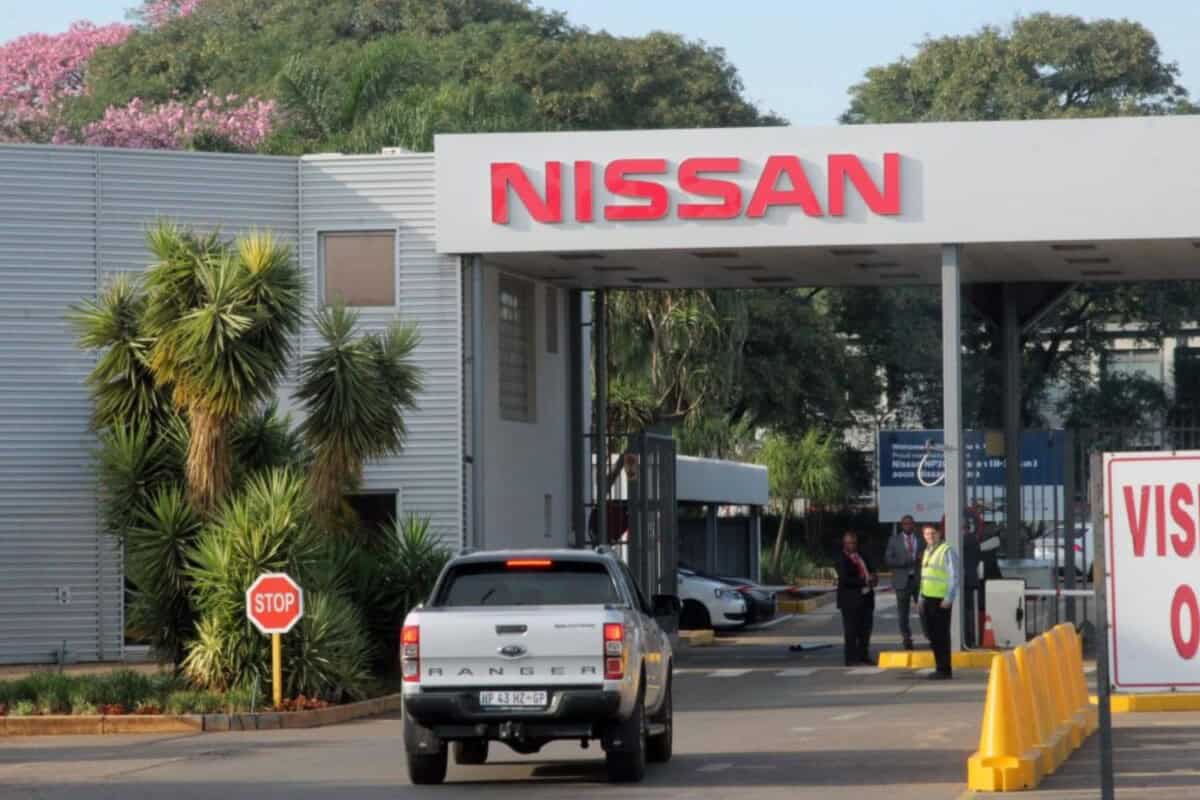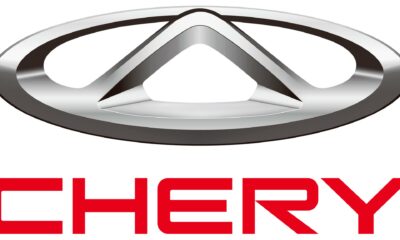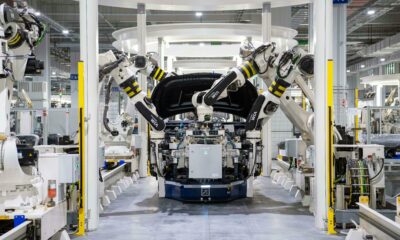Business
Nissan Scrambles for R125 Billion as Future in South Africa and Beyond Hangs in the Balance

Nissan is in urgent need of financial rescue, and its future in key markets, including South Africa, may be on the line. Internal documents obtained by Bloomberg reveal that the automaker is racing to raise more than ¥1 trillion (roughly R125 billion) through debt and asset sales to shore up operations.
The Japanese carmaker, which has long battled profitability issues, is reportedly considering a number of dramatic measures. Among them is the potential sale of its manufacturing plants in South Africa and Mexico, along with major stake sales in Renault and battery producer AESC Group Ltd. It’s also weighing a sale-and-leaseback deal for its headquarters in Yokohama and several U.S. properties.
Nissan’s sudden funding drive reflects how serious its financial situation has become. The company’s own forecasts show it may run dangerously low on cash by March 2026 if U.S. tariffs remain in place and no new capital is injected.
Debt Mountains and a Shrinking Global Footprint
The automaker is also grappling with about $5.6 billion in maturing debt due next year—its largest in nearly three decades. To offset this, Nissan plans to issue up to ¥630 billion in convertible bonds and high-yield securities, including dollar- and euro-denominated debt.
A major piece of the puzzle is a £1 billion (R24 billion) loan backed by UK Export Finance to support operations in Sunderland—Nissan’s largest European plant. While the UK government touts the Sunderland investment as a boost for post-Brexit Britain, it’s becoming clear that Nissan is consolidating its footprint to more viable markets.
In contrast, South Africa, once seen as a strategic manufacturing hub, appears to be on the chopping block.
South Africa Plant Sale Signals Strategic Shift
Though Nissan has not officially confirmed plans to leave South Africa, sources close to the matter suggest the plant sale is part of a broader restructuring strategy. The Rosslyn plant, near Pretoria, has historically served the African market and employed thousands. Its potential sale raises serious concerns about local job losses and the future of auto manufacturing in the region.
This isn’t the first time Nissan’s future in South Africa has come under scrutiny. Despite prior investments in electric vehicle (EV) production globally—including a recent £2 billion pledge in Sunderland—the company has made little progress in localizing EV assembly in South Africa.
CEO Ivan Espinosa’s Harsh Medicine
Newly appointed CEO Ivan Espinosa is leading the charge on cost-cutting. He’s already announced plans to cut 20,000 jobs and close seven out of 17 global plants by 2028. In Japan alone, the Oppama and Hiratsuka plants—representing 30% of domestic output—are reportedly set to shut down. Further closures are expected across four other countries.
This drastic restructuring comes on the back of a disastrous fiscal year, in which Nissan reported a ¥671 billion net loss. The company has not provided a profit outlook for the current year, citing uncertainties around tariffs and market conditions.
The Tariff Trap
A key pain point for Nissan and other Japanese automakers is the U.S. tariff hike introduced by President Donald Trump. The 25% tax on vehicle imports to the U.S., effective since April, poses a significant threat to Nissan’s export-heavy business model.
Without tariff relief, internal documents suggest Nissan could face an operating loss of up to ¥450 billion for the fiscal year ending March 2026—the worst in its history.
What’s Next?
Despite having ¥2.2 trillion in cash and credit lines, the road ahead for Nissan is bumpy. Ratings agencies have already downgraded its credit status to junk. And while Espinosa insists Nissan has “solid footing in terms of liquidity,” the company’s urgent funding drive tells a more alarming story.
The company has until June 30 to secure a portion of the needed capital, though the funding proposal has yet to be approved by Nissan’s board.
If Nissan follows through with a South African plant sale, it will mark a turning point for the country’s automotive sector—and another chapter in the global shift toward consolidation and electrification.
{Source: BusinessTech}
Follow Joburg ETC on Facebook, Twitter , TikTok and Instagram
For more News in Johannesburg, visit joburgetc.com



























